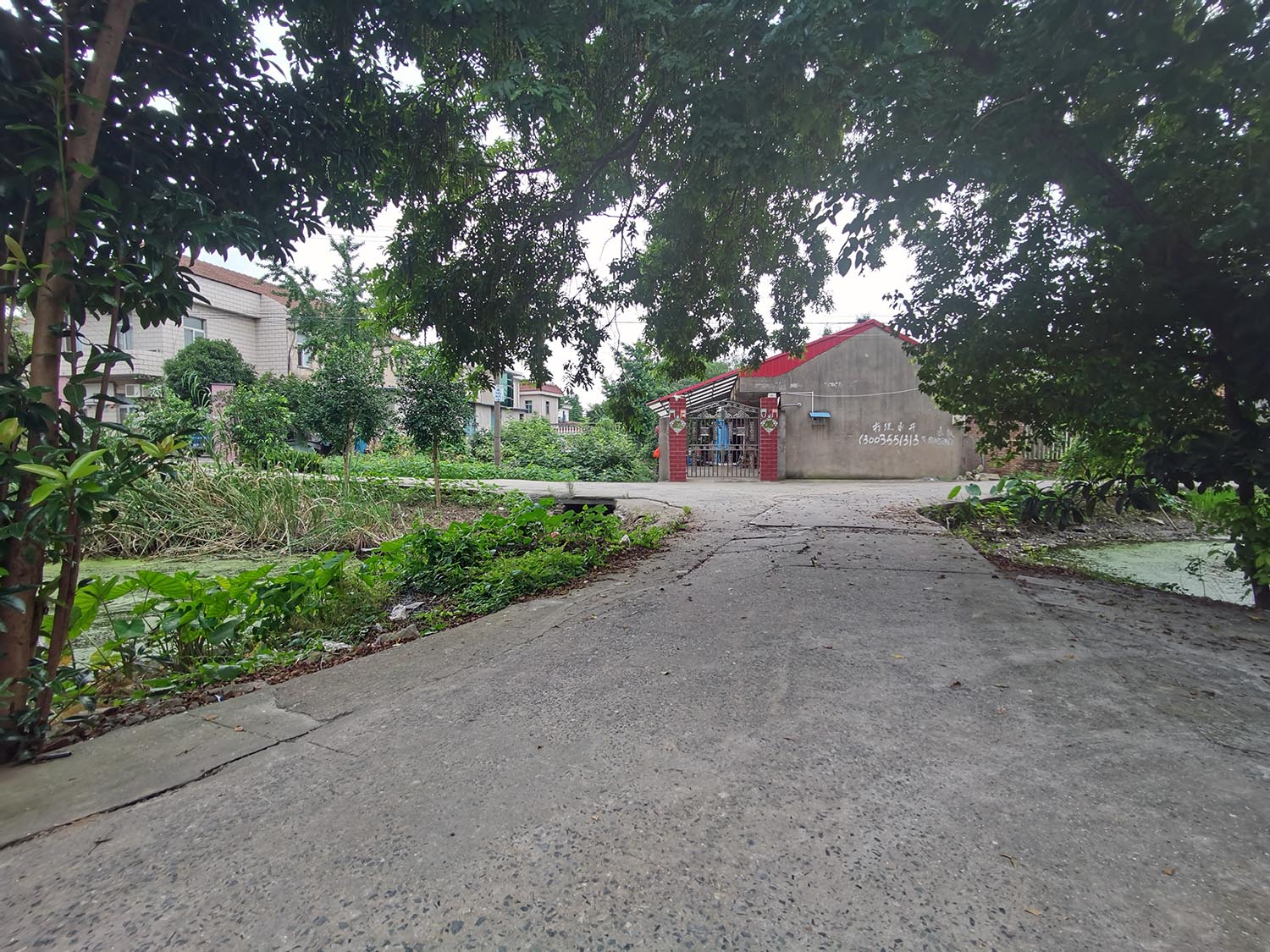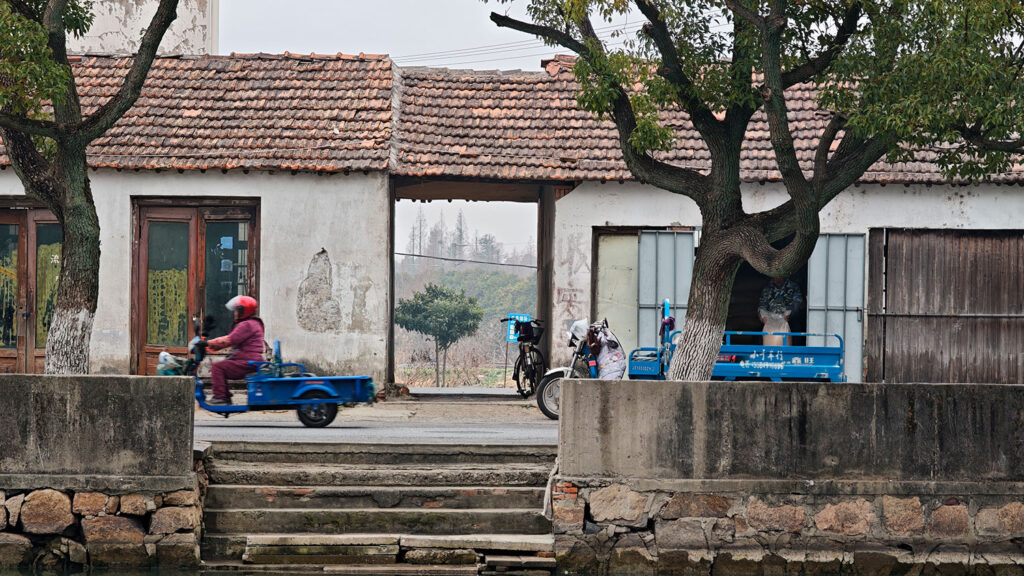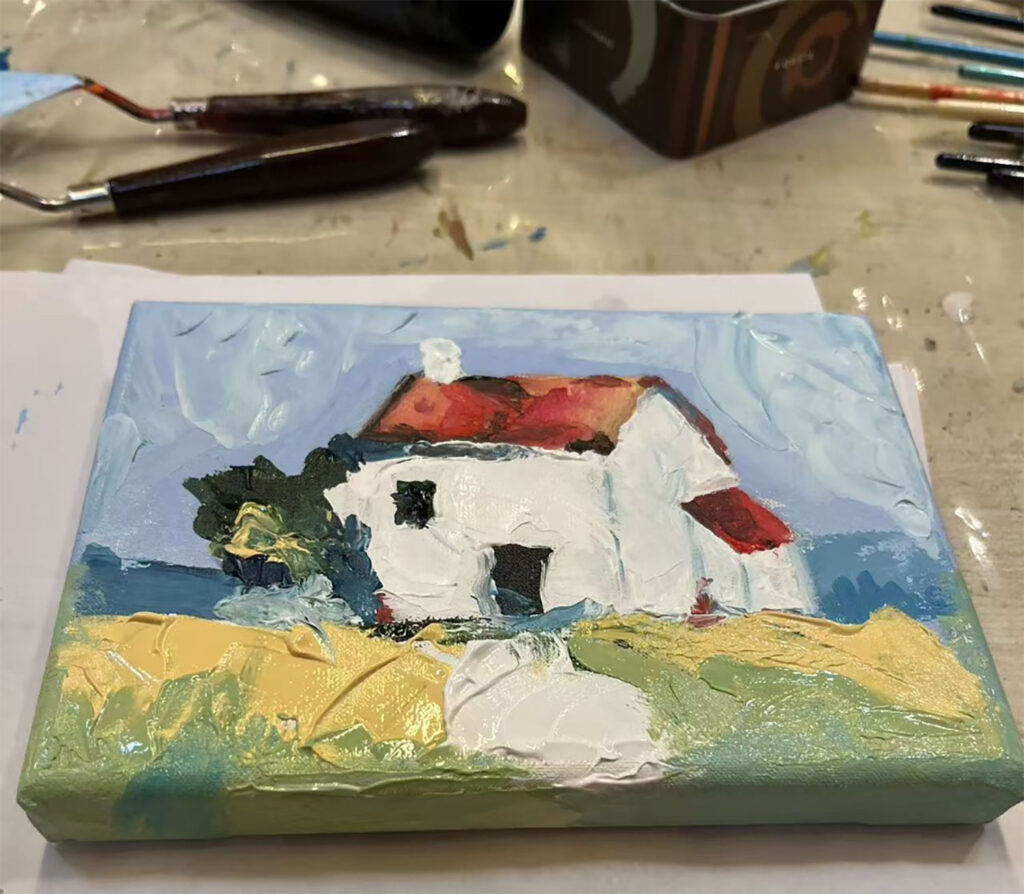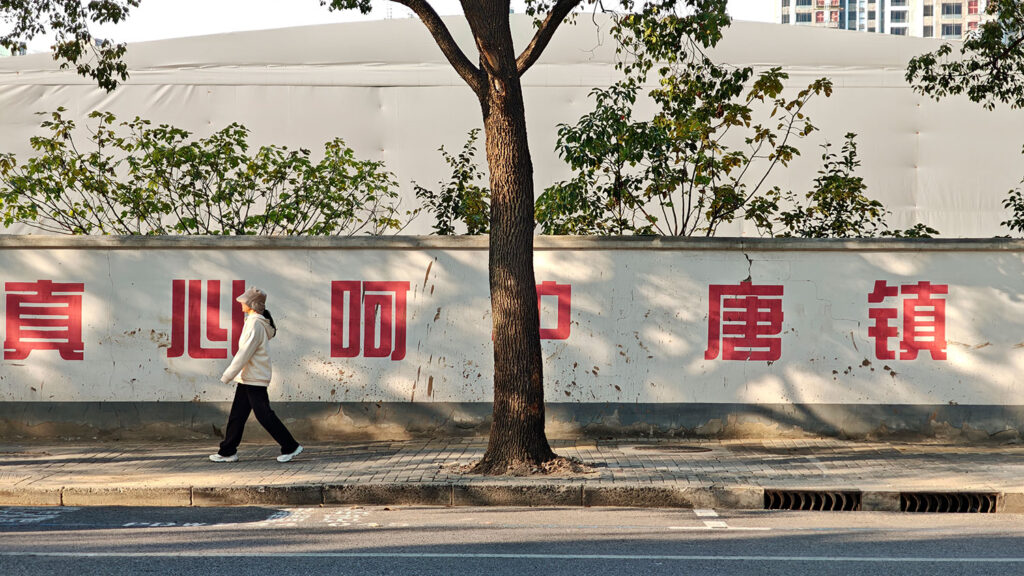There’s a lot of talk about filial piety (Confucianism!!) in China but few examples of what it really means. I see parents being challenged by their children just like anywhere else. In many ways, Chinese children are more spoiled than any children on the planet. I see kids crying their eyes out when their dad ate the piece of fried chicken they were eying, and mom is there to calm everyone down with “don’t cry, I’ll order some more on 外卖!” And I see kids carrying two presents to a birthday party, one for themselves, otherwise they’ll cry for the sheer inequality of a birthday party. But I have no answers, no wisdom — only an anecdote about two twenty-something sisters who took care of their aging paternal grandmother.
Usually the paternal grandmother (addressed as nǎinai) takes care of the grandchildren after moving into the house with her son after marriage.
But this nǎinai, despite moving in, never took care of the grandchildren. And now, 80-something, she was immobilized and too old to speak, in her bed spending her last months. Her son and his wife were working long days, so it was her two granddaughters that bathed her and cleaned her body wearing long rubber gloves.
The nǎinai, unable to speak, let tears roll down her cheeks, partly in regret of not taking care of them — which would have been expected — partly in awe of the undeserved love she was getting. (Not my words, the words from one of the granddaughters.)
It was the maternal grandmother instead that had raised the girls. Maternal grandmothers are addressed as wàipó, which literally means ‘outside matron’. And when one of the granddaughters got her first salary, she handed it in full to her wàipó along with fruits and other gifts.
When any foreign writer (who probably doesn’t even speak Mandarin) writes about China and filial piety, I think about that: Two granddaughters wearing long blue rubber gloves rubbing the feces of the grandmother that did not care for them. “Yes, it was smelly”, one said.




